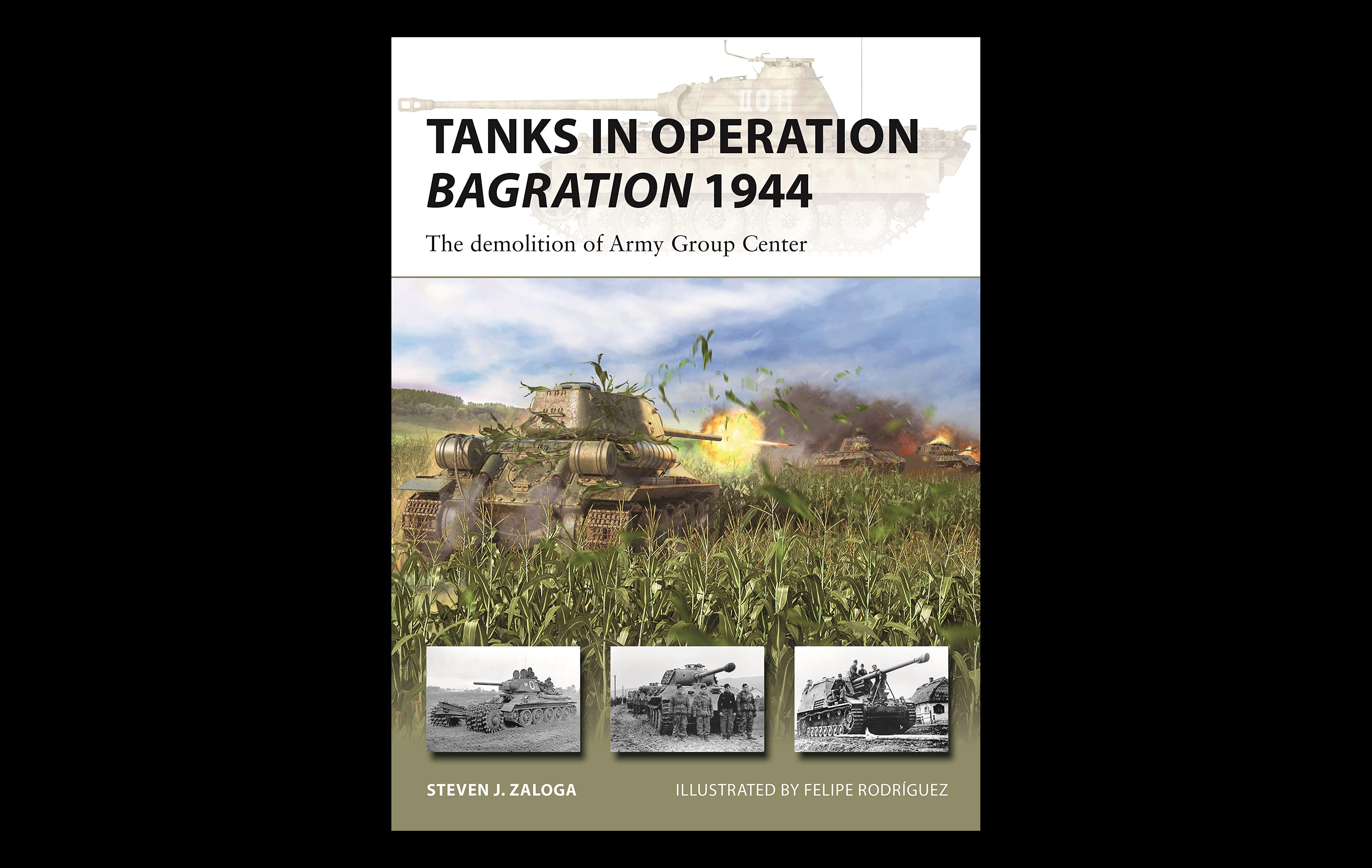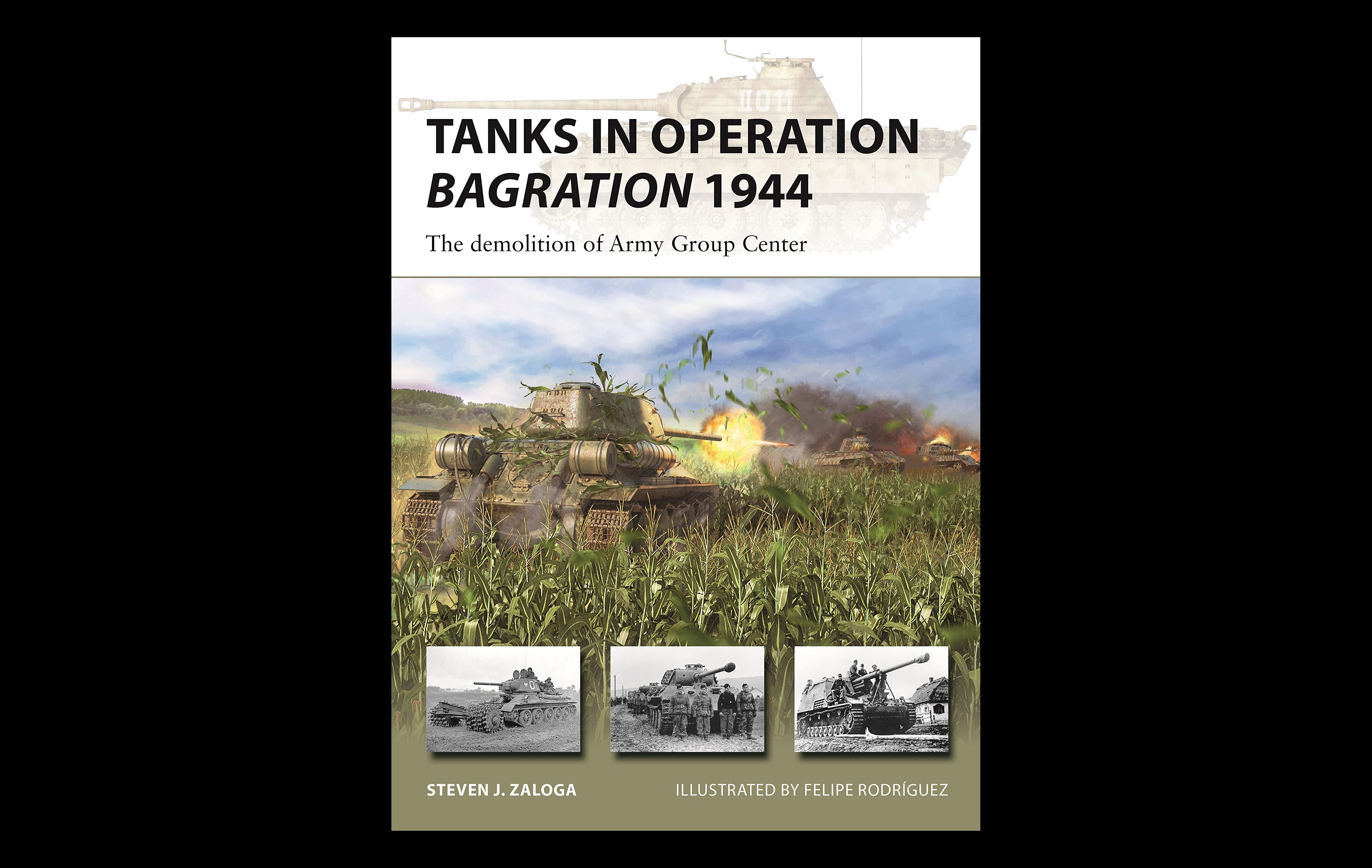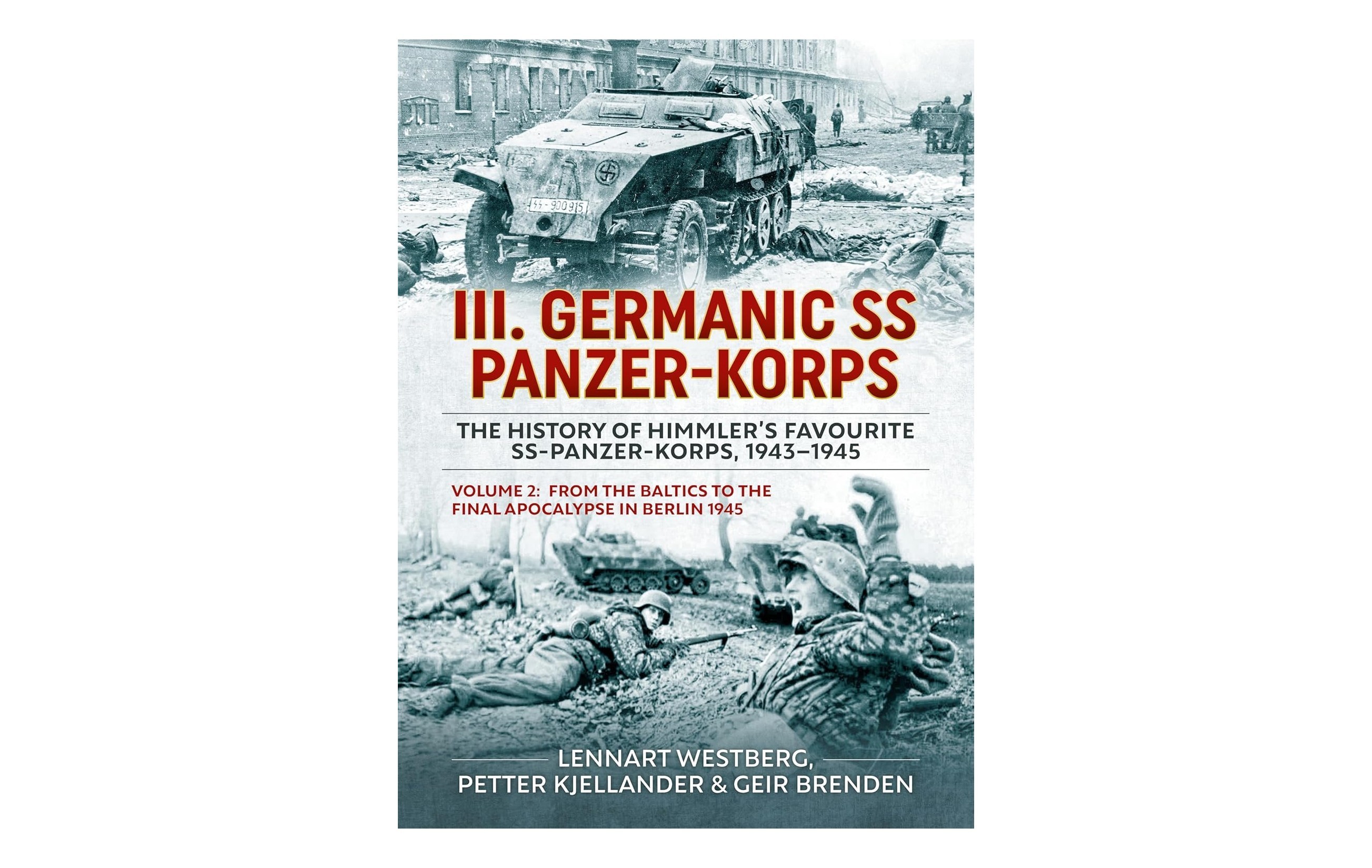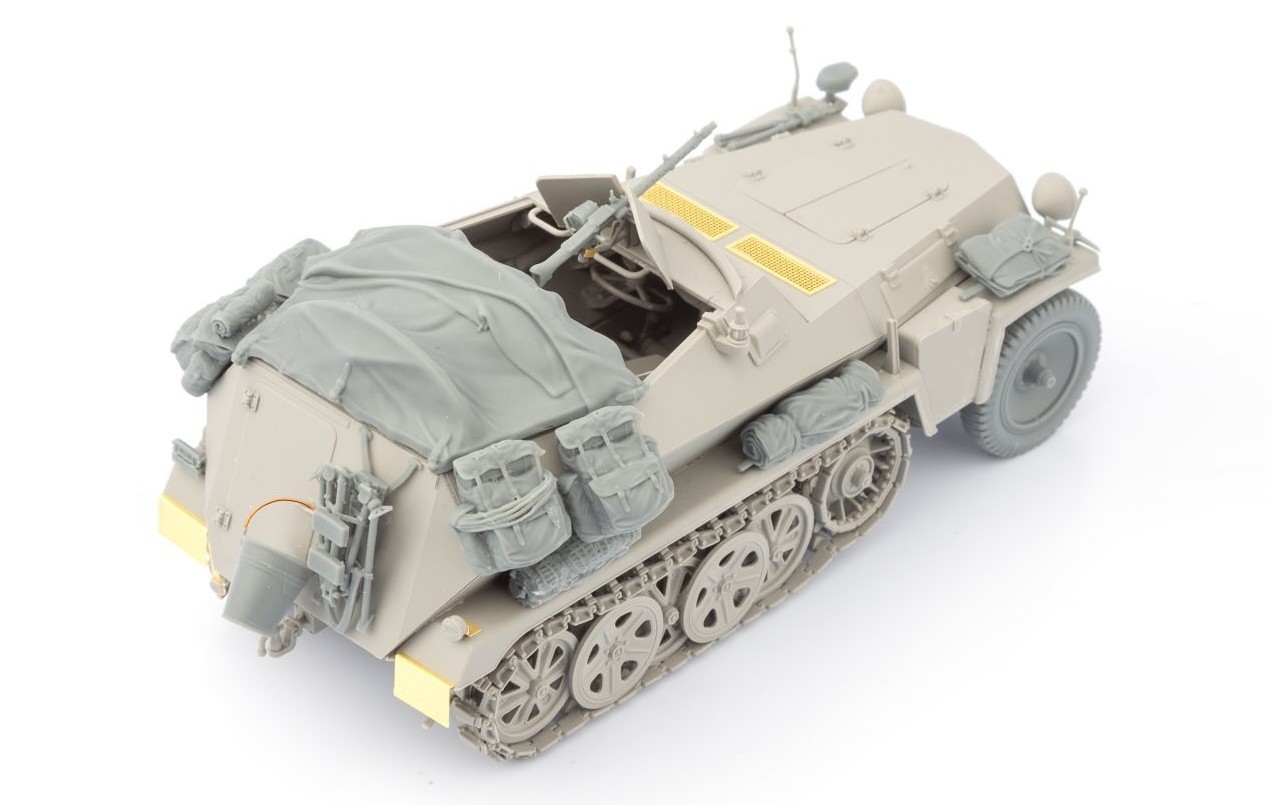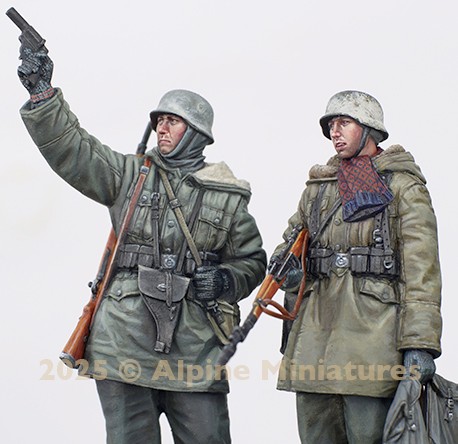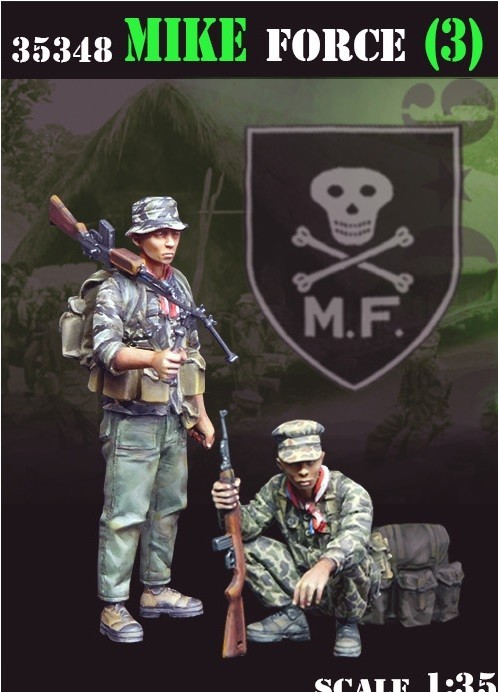Operation Bagration, the 1944 summer campaign on the Russian Front, has been called “Hitler's Greatest Defeat.” The operation involved substantial tank and armored vehicles on both sides but the German forces were severely hampered by the transfer of dozens of Panzer divisions to France to repel an expected Allied invasion. Forced to make hard decisions, German tank forces in the central Belarus sector were weak compared to the heavy concentration of Panzers in northern Ukraine. The Red Army exploited this vulnerability, crushing Army Group Center, and pushing beyond the Soviet frontier into Poland and East Prussia. With this crucial victory secured, the Red Army conducted successive offensives beyond the Carpathian Mountains, arriving at the Vistula river in Poland, and forcing Romania to switch sides.
The Red Army had embarked on a major tank modernization after the Kursk battles of 1943 and as a result, Operation Bagration saw the first widespread use of T-34-85 and IS-2 tanks as well as self-propelled guns. Germany's Panther tank finally reached technical maturity in the summer of 1944 but small numbers weakened its battlefield impact, while other innovations such as the Tiger II heavy tank failed to leave their mark.
Using new photos and a fascinating selection of color illustrations explaining the camouflage and markings of these tanks, this book describes how the tanks and AFVs on both sides contributed to the eventual defeat of Army Group Center.
